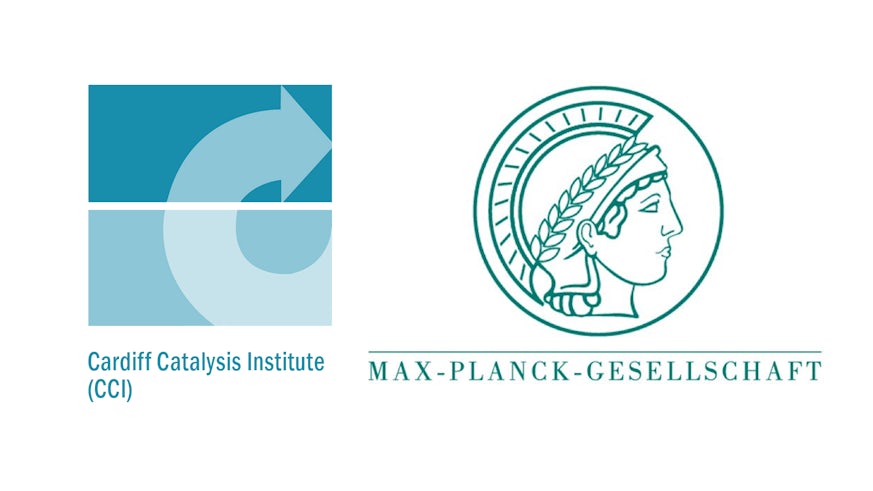Cardiff partners Max Planck Society to form world-leading catalysis alliance
6 Ionawr 2015

Cardiff University is to announce a new partnership with Germany's top research body to develop globally important catalysis research.
Professor Graham Hutchings, Director of the Cardiff Catalysis Institute, will work with Professor Robert Schlögl of the Fritz Haber Institute of the Max Planck Society.
Together, their teams of researchers will develop a new programme of catalysis research as part of the Society's Maxnet Energy Network.
The partnership, to be announced today at a conference of the Cardiff Catalysis Institute, will put Cardiff University's catalysis research expertise at the heart of Germany's leading research organization.
Since its establishment in 1948, no fewer than 18 Nobel laureates have emerged from the ranks of the Max Planck Society, putting it on a par with the best and most prestigious research institutions worldwide.
Professor Hutchings said: "Catalysis has the power to save lives, improve health and clean up the world. Bringing Cardiff and the Max Planck Society closer together confirms Cardiff's position as a world leader in catalysis research."
Professor Schlögl added: "I am delighted that the Cardiff Catalysis Institute has joined with us in the MaxNet on Energy and we are looking forward to forging close collaborative research programmes."
Catalysis technology underpins an estimated 80-90% of all products. The phenomenon involves a material, which is not one of the reactants, speeding up a chemical reaction without the need for an increase in temperature.
Researchers at Cardiff, led by Professor Hutchings, have discovered that gold has the power to save lives, improve health and clean up the environment by acting as a catalyst for the formation of vinyl chloride - the main ingredient in the production of PVC - replacing an environmentally harmful mercury catalyst.
Catalysis, part of the chemical sector, is an immensely important part of the overall UK economy. In recent years, UK output has totalled over £50bn and is ranked 7th in the world, despite competition from developing nations.
Over 3,200 UK companies are involved in catalysis, with SME's playing a substantial role. The sector produces a £5.5bn positive trade balance, and over 80% of its output is exported. In addition, the sector earns around £1bn in royalty income by exploiting its knowledge base internationally.
Professor Hutchings and his team will move to a new state of the art home in 2018 on the new Cardiff University Innovation campus, which is being built to drive growth and create jobs across the city region.
Professor Hutchings added: "The CCI's move to a new state-of-the-art catalysis centre in 2018 will present us with a golden opportunity to strengthen this relationship. Sharing our knowledge with the Max Planck Society will help us develop materials that have applications across a range of industries, from the plastics and packaging, automotive and aerospace sectors to construction and electronics. It's a great opportunity for Cardiff and for Wales."
A wide range of industrial leaders in catalysis will attend the Cardiff conference, with representatives from BP, BASF, ChemCom Industries, CompactGTL, Dow, Huntsman, Invista, JM, and Solvay.
Useful Links: